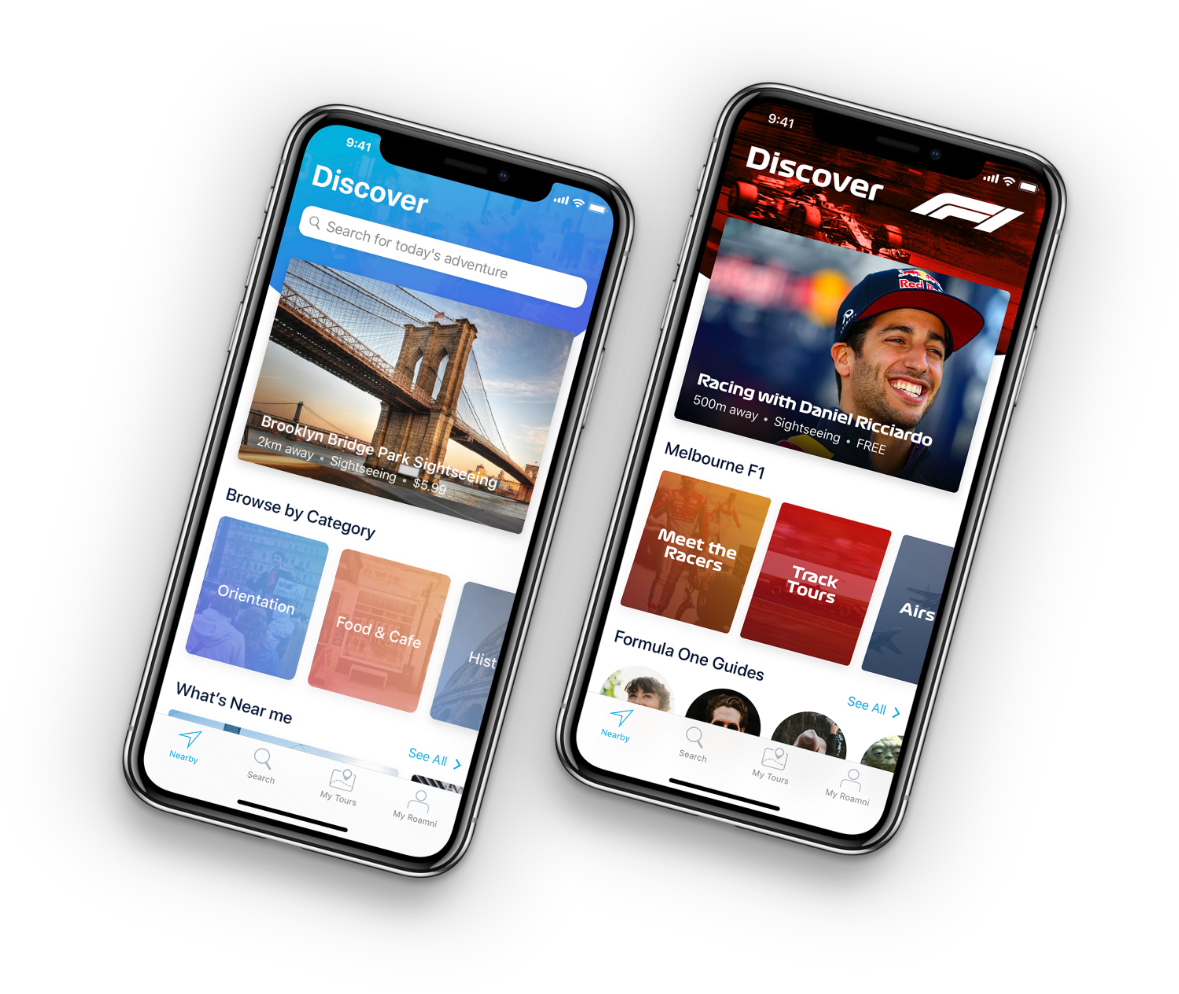What Makes a Good Product Manager

Building bridges, not walls.
The sentence above summarizes what a typical product manager does. This rare breed of business leader can act as the bridge between different operational departments and customers.
Product managers have become indispensable, especially to tech businesses. After all, an incredible innovation is only as good as its ability to fulfill actual customer needs.
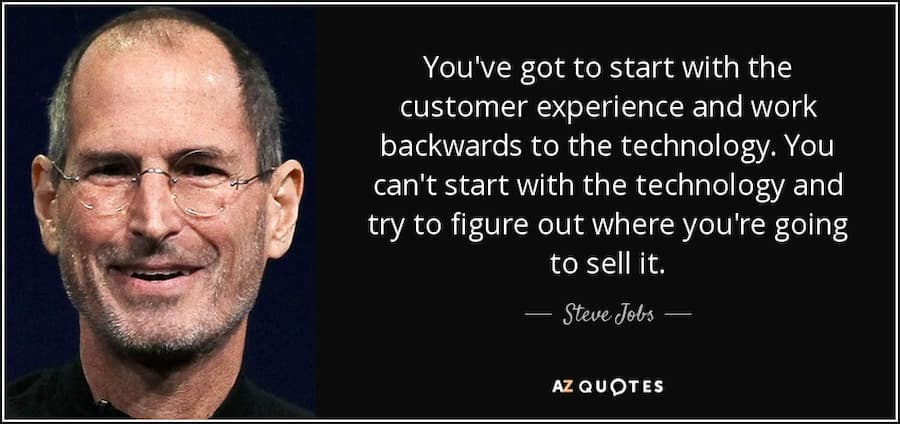
Source: AZQuotes.com
The value of these professionals is so great that British and American companies are willing to pay from $70,000 to around $130,000 yearly for each product manager they hire.
Why do businesses place such a high premium on product managers? What does it take to be good at this role?
In this blog post, we’ll look at the key characteristics of an awesome product manager and how these traits help organizations and businesses.
But first, what does a product manager do exactly?
What is a product manager?
A product manager ensures that product development aligns with customer needs.
Many products or services have failed because nobody wanted them. Product managers prevent this from happening.
The rallying point of many companies these days is customer success or user experience (UX). Who could blame these businesses? If UX is poor, customers start dropping off and looking elsewhere to get what they want. Forbes highlights that substandard customer experience could lessen business revenue by a factor of 6.
Product managers ensure that tech assets and business strategy lead to superior customer experience. The diagram below summarizes the role of typical product managers.
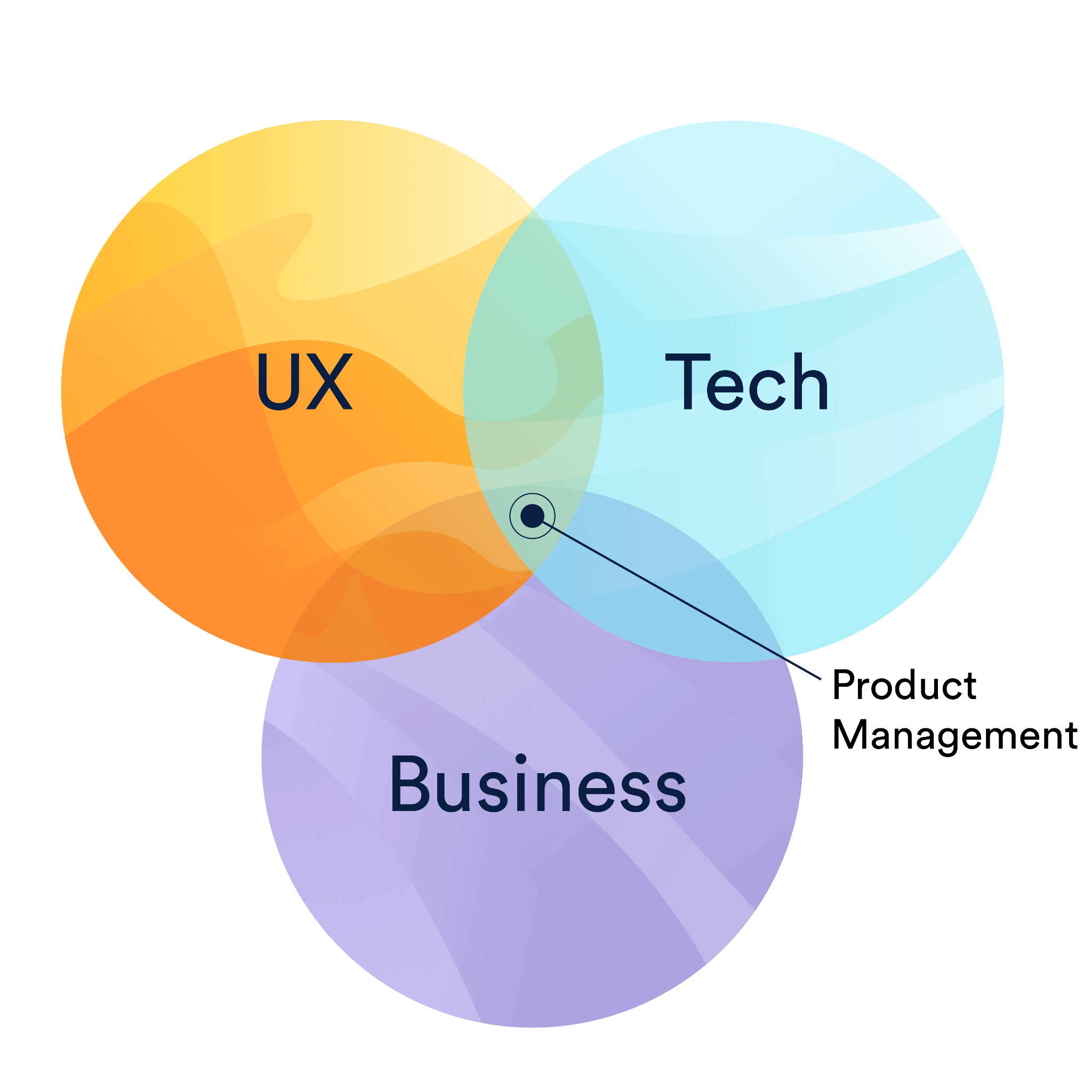
Source: Atlassian.com
The business side could include the sales, marketing, and production departments. All these are also under the supervision of product managers.
Now that you know what a product manager does, it’s time to discover what kinds of product managers are out there.
Types of product manager
You’ve learned that product managers juggle different departments and stakeholders (i.e., customers). Therefore, the product manager title may vary slightly depending on what side of the business they focus on.
Here are some categories of product managers commonly found in businesses today:
- Business product manager
- Technical product manager
- Design product manager
- Growth product manager
Let’s get to know each type of product manager better.
Business product manager
This type of product manager (PM) is a “jack-of-all-trades” leader. The business PM coordinates and communicates with the broadest set of stakeholders.
A business PM creates a so-called product roadmap. This document broadly guides all the company stakeholders on delivering their products or services to ensure maximum customer satisfaction and business success.
To develop this roadmap, business PMs work closely with the following stakeholders:
- Customers
- Product development teams
- Sales personnel
- Marketing experts
Technical product manager
This role focuses more on the hardware or software side of business operations.
Technical product managers work closely with departments like engineering, app development, information technology (IT), etc. These PMs have advanced technical skills and usually know different programming languages and IT solutions for a particular product or purpose.
Programming and IT are fields in which our app developers also excel. Book a free consultation to learn how we can help you with our mobile and web apps.
Design product manager
A design product manager’s main concern is UX and visual design.
They align product development with user needs by working closely with the following stakeholders:
- Customers
- Product researchers
- Designers
The awesome apps you see on your phones start out as designs. At Appetiser, we create designs that attract million-dollar investments. For example, Roamni got $5 million, while Vello got a million dollars. Contact us to learn about our uniquely-packaged app design and development offerings.

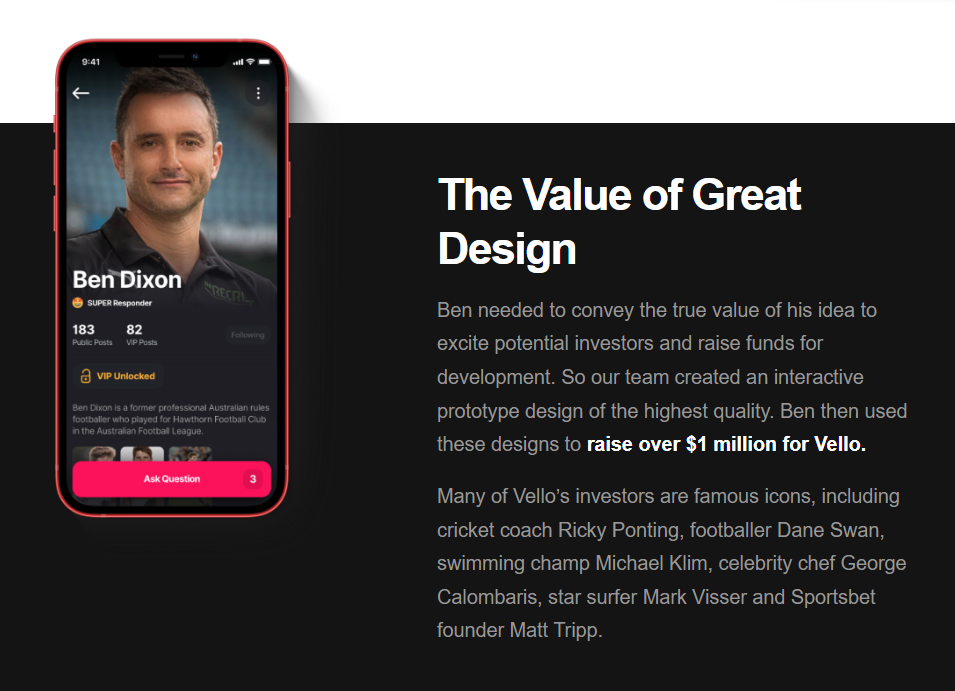
Growth product manager
Growth, in this sense, is all about attracting and retaining more users or customers.
The growth product manager works closely with people involved with:
- Tech
- Marketing
- UX
Coordinating with these three departments ensures user-centric design and product quality. In addition, this cross-department collaboration tends to increase income or lower costs.
Though product managers come in many stripes, the best of them have one common set of characteristics. Discover them in the next section.
5 Killer Traits That Awesome Product Managers Have
Broadly speaking, successful product managers have some technical background and people skills. More specifically, these unique leaders do well in their jobs by:
- Taking time to see the stakeholder landscape
- Bringing products to market quickly
- Communicating well with various personality types
- Balancing strong leadership with delegation skills
- Knowing when to use data and analytics to their advantage
Trait #1: Takes time to survey the stakeholder landscape
Travelers of old looked out for landmarks or asked locals to avoid getting lost.
Product managers should likewise get their bearings to avoid making bad business decisions. They need to talk to key stakeholders within and outside the company (for example, customers, tech and marketing departments, etc.). They should also make an effort to do the following:
- Learning the business model
- Absorbing company-related information
- Familiarizing themselves with the decision-making process
Doing the abovementioned things ensures the product development process aligns with the company’s culture and objectives.
A survey of the business environment is also crucial. Bain & Company predicts that the pace of digital innovations will accelerate. Keeping updated on the business landscape ensures relevant and high-quality decisions.
Surveying the stakeholder landscape is not only for new product managers. Even experienced PMs need to do this regularly.
Trait #2: Brings products to market quickly
A successful product manager can lead their company to quick launches. This ultimately leads to better financial prospects in two ways:
- Enables the business to leapfrog the competition
- Cuts cost through lower salary and operational expenses
The best way to bring products to market rapidly is by doing the following:
- Listening to customers or users
- Build a minimum viable product (MVP) based on customer or user feedback
Listening to customers
Hearing customers and users out is basic to product management. But the art lies in identifying the basic feature you can develop from the dozens of options. For instance, let’s say you have a business. After interviewing or surveying your customers, you learned that they need to see five new features in your product for them to stay loyal to your brand.
This is where the MVP concept comes in.
Building an MVP
MVP is choosing one or two features out of the five that your customers want. In selecting these features, you could consider:
- What the majority of your customers or potential market wants
- What features your product team is most familiar with
Narrowing your list of features will enable you to get ahead of the competition through a faster product development process. The less time used for development, the quicker the speed-to-market. Quick product launches enable people to find funding fast, among other things.
In fact, philanthropist Matt Golan raised around a million dollars within Day One of his charity platform’s launch. To learn more about this, check out the OneRaise case study.
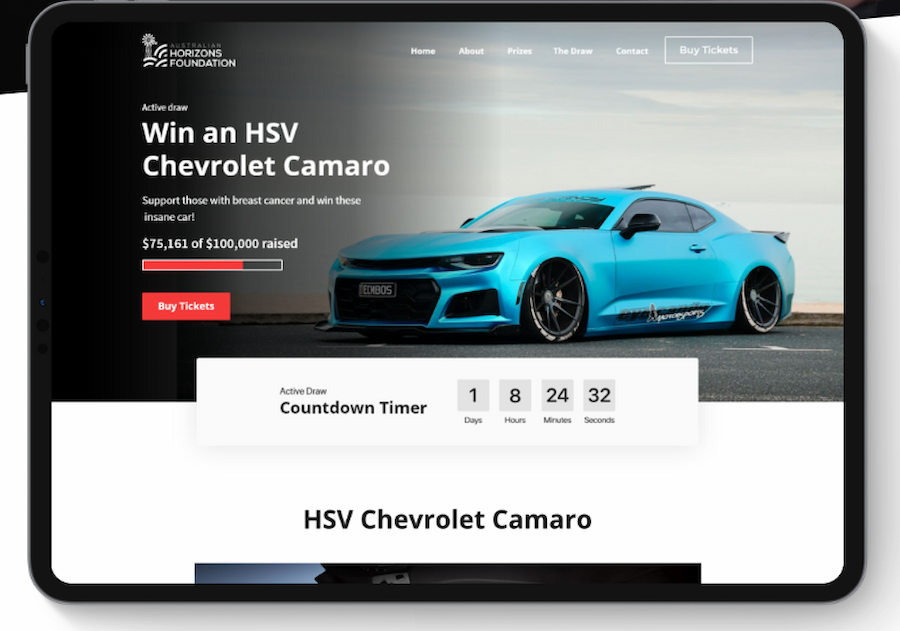
It’s also interesting to note that many big companies other than OneRaise also started small through MVPs.
Ready to replicate these titans’ success stories? Our product managers have helped develop MVP mobile and web apps to scale organizations rapidly. Book a free consultation with us to learn how we can help you realize your dreams quickly.
Trait #3: Communicates well with various personality types
Product management involves multiple internal and external stakeholders like executives, tech personnel, marketing people, customers, users, etc.
Therefore, the ideal project manager must effectively present their ideas well, regardless of the type of stakeholder.
Key to this is understanding different personality types and their ways of communication.
For example, good PMs use personality frameworks like DISC as a guide when speaking or writing to different people. They communicate more directly with a “D” (dominance) type personality and more tactfully with the “S” (steadiness) type. In other words, they know how to adjust their communication style accordingly.
A good project manager must also be able to receive and relay information from one stakeholder group to another. For instance, they must effectively communicate technical information to engineering and sales.
The variety of stakeholder communication makes the product manager role open to people of almost any background. Many project managers come from departments involving customer success, sales, marketing, or product development. Any experience in these fields is crucial since stakeholders can also come from any of these departments.
Poor communication within businesses leads to losses that range from millions to billions of dollars. Therefore, PMs that have good communication skills not only reduce friction but also help companies grow financially.
Trait #4: Balances strong leadership and delegation
Product management is a leadership tightrope walk.
Aside from a balance of hard and soft skills, project managers need to know when to be hard and soft. This means they know when to stand firm with their decision and when to compromise with various stakeholders.
Whatever the decision, a good project manager must always consider both what is good for the business and what satisfies customers. When product managers reject some ideas, they must justify their decision. A PM that provides reasons for rejections tends to be respected more.
The balancing act of product management also involves knowing when to decide and when to delegate decisions.
Deciding on each matter isn’t the product manager’s job. A good project manager can effectively assign certain decisions to more capable personnel. When done correctly, this speeds up decision-making, improving business operations.
Trait #5: Knows when to use data and analytics to their advantage
Project managers need to know when to depend on their knowledge, and when to let data take over.
For example, skill in processing and analyzing data is important in understanding customer or user journeys. Data analytics turn numbers and feedback into coherent insights that indicate what customers like and what they don’t. These insights effectively turn product development in the right direction.
App businesses, in particular, have analytics tools that quickly determine user or customer engagement. Many companies or organizations that leverage mobile apps can easily track whether the apps help their cause. We discussed mobile app analytics tools in depth in another article, in case you want to delve deeper into this tech trend.
Data analytics these days is more of a basic need than a luxury. According to research by McKinsey, companies that use data analytics increased their profit by around 6%. This figure may seem small. However, the figure could mean thousands or even millions of dollars if you had great product managers who drive your business well.
Success manager
You’ve learned what traits enable awesome product managers to lead businesses toward success.
There is another ingredient to business success. It’s called a strategic partner. If you’re seeking to build a business or grow your organization, developing apps is one of the most effective strategies you could execute. Our product strategy experts have helped grow our clients from zero to multi-million dollars through app design and development.
Contact us to learn how we could become YOUR partners toward long-term success.

Jesus Carmelo Arguelles, aka Mel, is a Content Marketing Specialist by profession. Though he holds a bachelor’s degree in business administration, he also took courses in fields like computer troubleshooting and data analytics. He also has a wealth of experience in content writing, marketing, education, and customer support.


